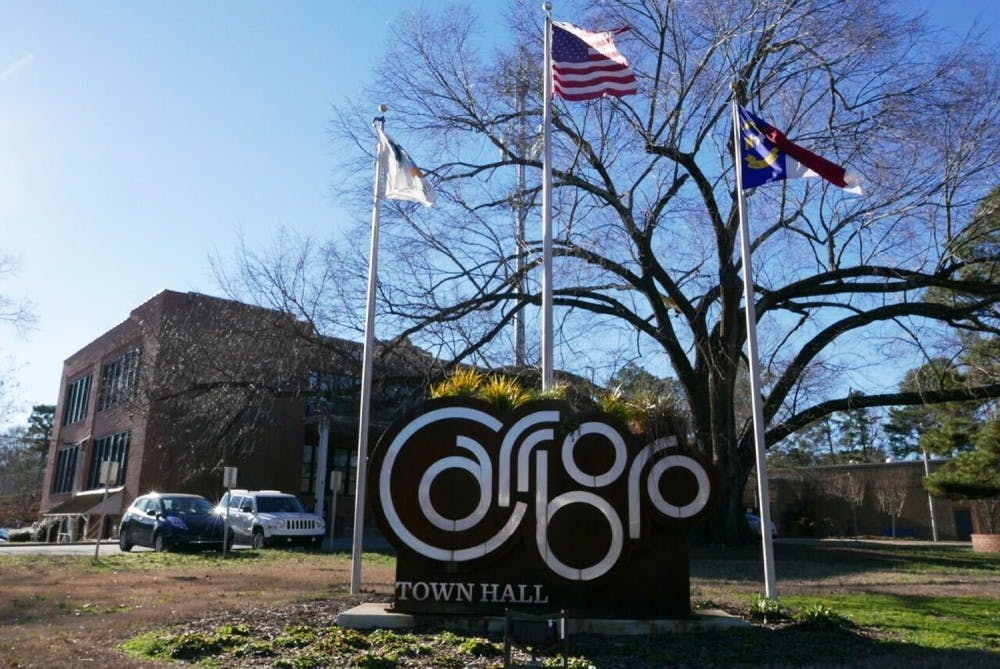When the Carrboro Town Council adopted its Community Climate Action Plan in 2017, it promised to emphasize integrating climate action with social justice and equity initiatives. Two years later, the Town still struggles to address all the obstacles preventing everyone in the community from participating.
In January 2017, the Carrboro Town Council accepted the CCAP, which proposed that the Town adopt a goal of a 50 percent reduction in greenhouse gas emissions by 2025. One recommendation of the plan called on the Town to implement strategies to make energy more affordable to meet its equity goals, including federal grants, community programs and town ordinances.
The plan proposed recommendations surrounding the themes of community integration, energy efficiency of buildings, transportation, renewable energy, food choices and ecosystem protection and restoration.
Council Member Randee Haven-O'Donnell said she believes in the importance of equity, and realized that working on policy initiatives without a tool to integrate the community carried little value.
“Policymakers make the mistake of expecting communities to adopt strategies for improving without taking context into account,” she said.
The Town is currently working toward the organization and implementation of a series of workshops that align with the goals of the Community Climate Action Plan, and toward heightened audience engagement.
According to the plan, low-income households spend 24 percent of their income on energy costs. The Town has made an effort to address the problem at its root. The plan states that to make housing affordable, the Town must do more than just lower mortgage payments and rent, but also take a look at how to lower utility bills.
Haven-O'Donnell said the tools offered must connect interested community members with the takeaways they want.
The Town of Carrboro RainReady Program and the Town of Chapel Hill have engaged the assistance of the Center for Neighborhood Technology (CNT) to address disparities in climate impacts and broaden the reach of solutions to extreme weather. CNT aims to provide community solutions based on sustainability and equitability principles.




